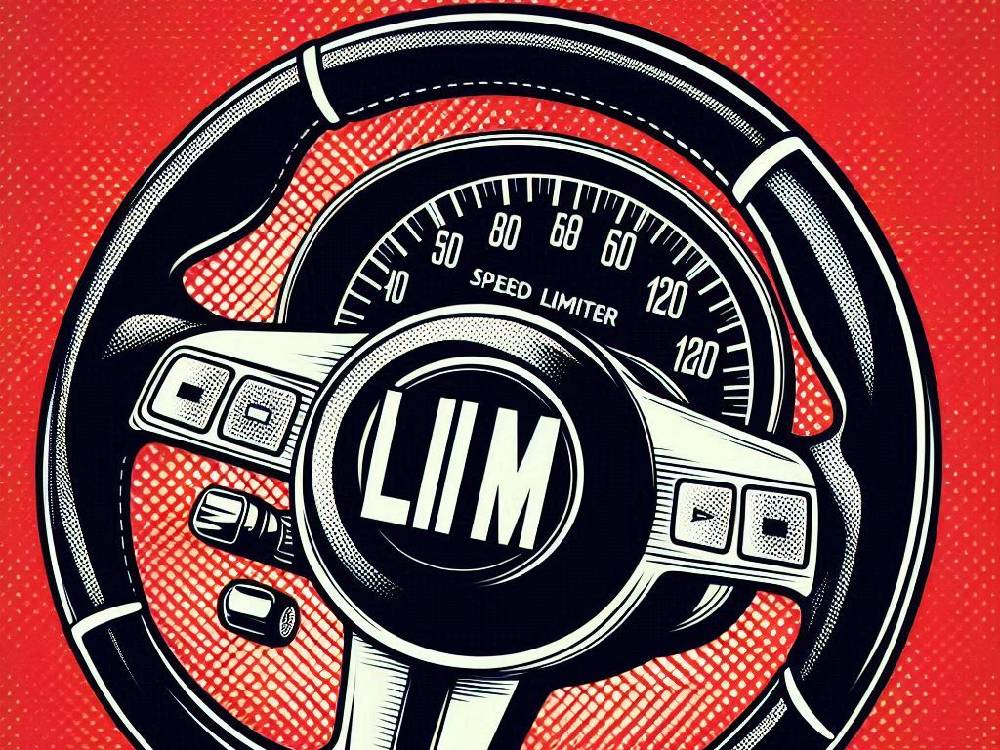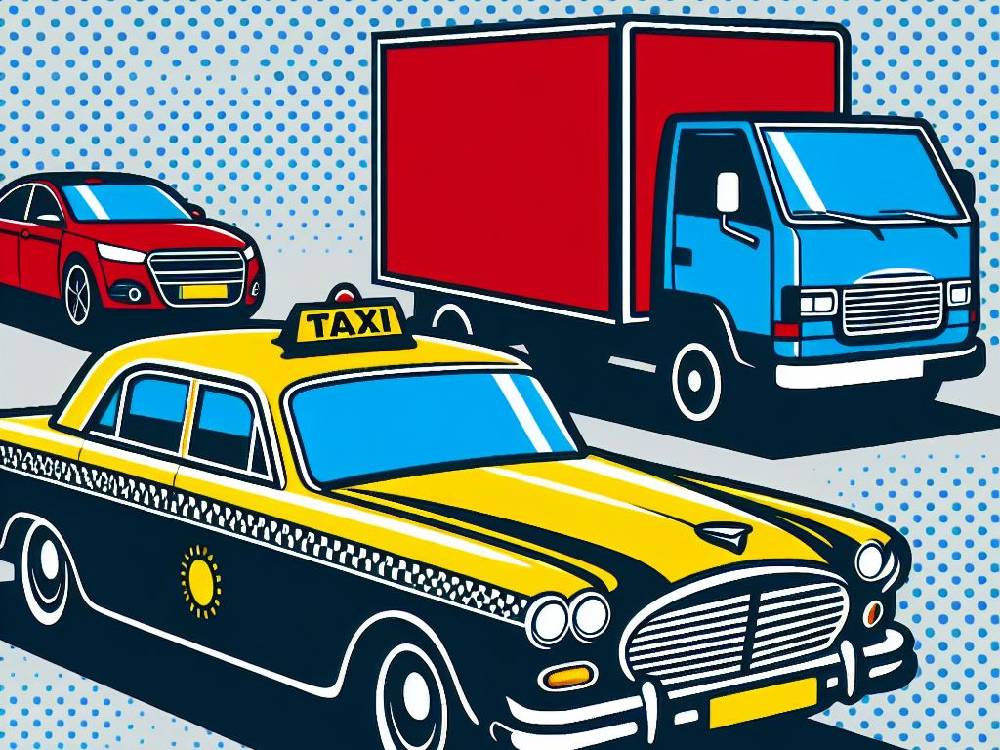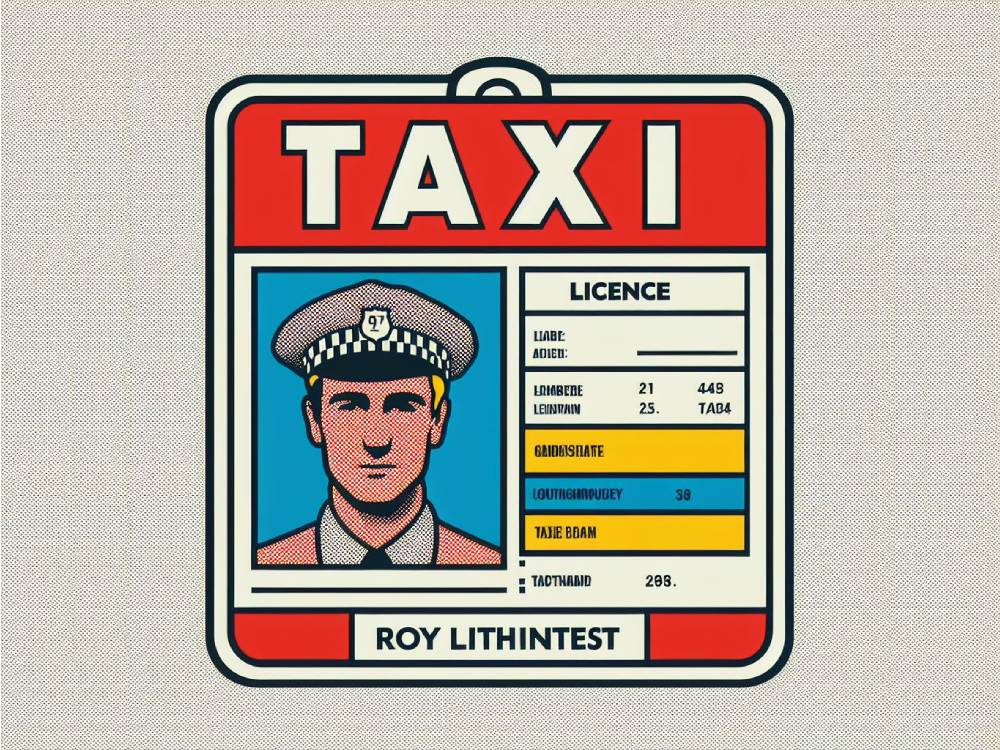Introduction
Starting in July 2024, all new cars sold in the UK will be fitted with mandatory speed limiters.
This measure aims to enhance road safety and ensure that vehicles comply with speed limits.
Consequently, this initiative, driven by European regulations, will still be adopted by the UK post-Brexit.
In this article, we will delve into what speed limiters are, how they function, and the broader implications for drivers and manufacturers alike.
- Mandatory speed limiters from July 2024.
- Enhancing road safety and compliance.
- Impact of Brexit on adoption of regulations.
- Understanding speed limiter technology.
Speed Limiters Background And Regulatory Context
All new vehicles sold in Europe, including the UK, will be equipped with speed limiters from July 2024.
This mandate stems from the European Commission’s legislation aimed at reducing road accidents and fatalities.
Despite Brexit, the UK has chosen to align with this regulation.
So why is this important?
To standardise car manufacturing processes across different markets and ensure road safety.
Why Is This Important?
Speed limiters are crucial in maintaining safe driving speeds.
They help prevent accidents caused by over-speeding, thereby protecting both drivers and pedestrians.
What Are Speed Limiters?
A speed limiter is a safety device designed to prevent your car from exceeding a pre-set speed.
Unlike cruise control, which maintains a constant speed, a speed limiter allows normal acceleration and deceleration but restricts the maximum speed.
Key Benefits of Speed Limiters
- Enhanced Safety: Prevents speeding-related accidents.
- Driver Assistance: Alerts drivers when they are approaching speed limits.
- Compliance: Helps drivers adhere to speed regulations.
How Do Speed Limiters Work?
The core technology behind speed limiters is the Intelligent Speed Assist (ISA).
ISA uses GPS data and traffic sign-recognition cameras to determine the local speed limit.
The Process
- Detection: The system identifies the speed limit using GPS and cameras.
- Limitation: It then limits the engine’s power to prevent the car from exceeding this speed.
- Alerts: Drivers receive haptic, audio, and visual warnings if they approach or exceed the limit.
Real-World Application
Imagine driving on a motorway where the speed limit suddenly drops due to roadworks.
The ISA system will detect the new limit and alert you to slow down, ensuring you comply with the temporary speed restrictions.
Implementation And Compliance
By 7th July 2024, all new cars must have speed limiters installed.
This regulation applies to vehicles across the UK, ensuring consistency with European standards despite Brexit.
Impact on Manufacturers
Car manufacturers must equip new models with ISA technology.
Brands like Citroen, Ford, and Honda have already started incorporating these systems.
Existing cars on dealer lots will need retrofitting before they can be sold.
Compliance
This regulation not only aligns UK standards with Europe but also paves the way for more advanced vehicle technologies, such as self-driving cars.
Here are some related articles for further reading:
Concerns And Challenges Of Speed Limiters
Despite the advantages, several concerns about the effectiveness and reliability of current ISA technology persist.
For instance, some drivers report issues with forward-facing cameras.
These cameras sometimes fail to recognise speed changes, especially on motorways.
Furthermore, roadside vegetation can obscure road signs.
This can lead to incorrect speed readings.
So, how will manufacturers address these concerns?
Manufacturer’s Approach
First, the driver’s foot will be gently pushed back.
Second, the speed control system will automatically reduce propulsion power.
However, drivers can easily override the system by pushing the pedal again.
Third, the driver will receive a flashing visual signal indicating speeding.
If the driver continues to drive over the limit, an audio cue will activate.
If ignored, both visual and audio cues will engage, eventually timing out.
Fourth, similar to the third option, the driver will first receive a visual cue.
If ignored, the pedal will vibrate.
If both signals are ignored, they will time out.
Future Improvements
To improve the technology, assessments of these different signals will take place in December 2025.
Manufacturers will use anonymous data to track how often the ISA is switched off and on.
They will also track how many times it was overridden.
Additionally, they will monitor the average time between activations.
Thus, ongoing assessments will enhance the technology.
Will Speed Limiters Impact on Road Safety
The use of speed limiters will significantly reduce road accidents.
The European Transport Safety Council (ETSC) estimates a 30% reduction in collisions.
Additionally, the European Commission projects that speed limiters, along with other measures could prevent 140,000 serious road traffic injuries by 2038.
Ultimately, the goal is to cut road deaths to zero by 2050.
Statistics and Predictions
In the UK, the national speed limit for cars is 70 mph on motorways and dual-carriageways.
It is 60 mph on single carriageways.
However, many cars have a top speed of over 70 mph.
Therefore, it is crucial for drivers to adhere to legal speed limits.
A report by Gov.Uk revealed there were 1,711 fatalities and 29,742 serious injuries due to road collisions in 2022.
Thus, adhering to speed limits is essential for safety.
Additional Safety Measures
In addition to speed limiters, the new EU regulations also mandate other compulsory safety equipment.
Specifically, this includes autonomous emergency braking, data loggers, emergency stop signals, driver fatigue detection systems, lane keep assist, built-in breathalysers, and reversing sensors or cameras.
Examples of Safety Equipment
An autonomous emergency braking system is required for a car to score the maximum five stars in the Euro NCAP safety crash tests.
Built-in breathalysers prevent the car from starting if the driver fails the breath test.
Combined with speed limiters, these measures will significantly enhance overall road safety.
Conclusion
In summary, introducing mandatory speed limiters on UK cars from July 2024 represents a significant step towards improving road safety.
By ensuring vehicles comply with speed limits, reducing accidents, and integrating advanced technologies, this regulation aims to protect drivers and pedestrians alike.
Therefore, it is essential for both drivers and manufacturers to stay informed and comply with these new regulations.
For more information, check out our related articles:













